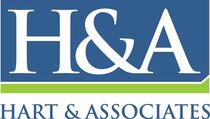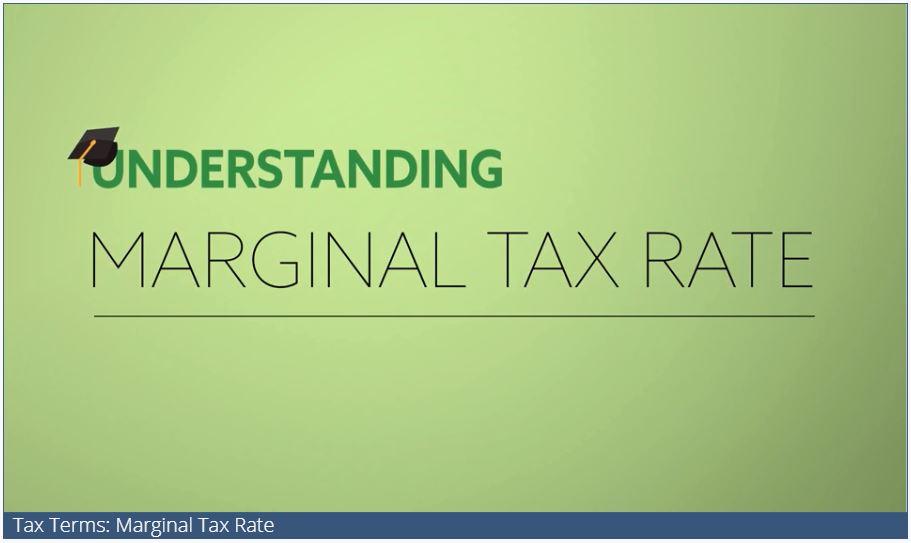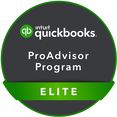|
Tax brackets, tax dollars, tax credits, oh my! Do you understand how earnings affect your tax bill? Check out this helpful video for more information. And please don't hesitate to give us a call for assistance with your tax planning and preparation.
The information presented is of a general nature and should not be acted upon without further details and/or professional guidance. For assistance in identifying and utilizing all the tax deductions to which you are entitled, please contact us, your CPA or tax preparer.
How well do you love the way you spend your typical workday? What would a typical workday look like if you had absolutely no constraints? Here’s a fun exercise to get you thinking about your future and how you can make small changes in your current day to move it toward your ideal day.
Get comfortable and begin jotting out what your ideal day looks like. Start with what you do before you get to work. How do you start your day? With a workout or breakfast or something else? What does breakfast consist of? Where are you eating? What do your surroundings look like? How do you get to work? What is your commute like? List the sights, sounds, smells. Once you get to work, what do you do first? Will you spend time on the phone? With whom? At the computer? Do you go somewhere? Do you get a nice break for lunch? Write it all down in detail, and continue until your post-workday routine. Who are you with? Where are you? What do you do? Here’s a partial sample: “Lunch with my two friends at our favorite Mexican restaurant on the beach. We laugh a lot, share stories, and part with hugs and handshakes. After lunch, I work on my favorite work project, which challenges me to think about how to help my employees gain new skills. While I work, I listen to my favorite music CD. In a few hours, I am ready for a stretch break and walk outside to water the plants. After break, I return calls, talking with my clients and catching up on how to best serve them. …” OK, now it’s your turn. Here are some questions to consider while you do this exercise:
Change One Thing Getting to your ideal day can take time. Don’t try to change your whole routine all at once. What one or two things can you pull out of your ideal work day description that you could bring into your current work day to brighten it with happiness? In the description above, this person might block out time to find employee training, go out for lunch instead of eating at her desk, make a new playlist, delegate tasks that are not part of her ideal day, or take more time when returning client calls. Make gradual changes in your current day to improve it. With each change, you’ll be moving toward the realization of your ideal day. And if your ideal day doesn’t include bookkeeping but your current day still does, we’re here for you. Just give us a call.
This is general information and should not be acted upon without first determining its application to your specific situation. Please contact us, your CPA or tax adviser for additional details.
Cost accounting. This type of accounting looks at the cost of items for sale. It’s especially useful in manufacturing, construction, or even restaurants where dozens or even hundreds of components are purchased and assembled to make the items that are for sale. Cost accountants account for and evaluate these costs to determine when they are too high or low and need to be repriced or purchased in a different way.
Cost accounting can be applied to small businesses to help them with pricing, determining break even points, controlling costs, and budgeting. Government accounting. Government accounting is simply accounting that’s done for government entities. Government accountants are concerned with maintaining government regulations as well as learning a different way of keeping books. Nonprofit accounting. Nonprofit accounting is unique to nonprofit organizations in that they often need to track and mark specific donations, manage grants and meet reporting requirements, fulfill public disclosures and reporting, and maintain a fund accounting process. Financial accounting. Financial accounting is the preparation of financial reports for external use and includes providing financial statements. Attest. Attest accounting is where a CPA goes through a process of verifying financial reports of a business to interested third-parties, such as banks and the public. The three main services in this area include compilations, reviews, and audits. Only a CPA can perform these services. Fraud or forensic accounting. A specialty role in accounting, forensic accountants can help a company that has been the victim of fraud. There are also services available to help reduce the possibility of fraud. Tax accounting. Tax accounting can be many things: the preparation of federal and state income tax returns for businesses, individuals, and other entities like estates and trusts; state and local tax assistance with collection, filing, remittance, and compliance; franchise tax support; and payroll tax collection, filing, and payment. There are more, but these are the big ones. Budgeting. Making a revenue and spending plan is an important accounting function. Internal auditing. Large companies have internal audit departments that maintain checks and balances for the company. In small companies, having someone in charge of monitoring internal controls would be the equivalent function. Accounting systems. Some accountants are technology-savvy, and this type of accountant can help solve technology issues, integrate accounting system modules, and streamline workflow. Fiduciary accounting. A fiduciary is someone legally responsible for financial responsibilities in an organization. Fiduciary accounting typically refers to accounting for trusts, but can have a much broader meaning. Public accounting. Public accounting is practiced by employees in a public accounting firm, which is one that serves many businesses with varying accounting needs. This is opposed to private or industry accounting where an accountant goes to work for one company in their accounting department. Public vs. industry accounting is really referring to an accountant’s career experience. Managerial accounting. This type of accounting focuses on internal numbers and how the organization can reach its goals. It’s broader than cost accounting, but there is an overlap. Accountants who serve in an advisory capacity to businesses will focus on this area. As you can see, there are many ways accounting can support your business success. Give us a call to discuss options for increasing the value you receive from your accounting services.
This is general information and should not be acted upon without first determining its application to your specific situation. Please contact us, your CPA or tax adviser for additional details.
In this arrangement, each of you has control over some money that is all your own. The household spending will then come out of the joint account, and you both will make contributions to it on a regular basis.
As a couple, you’ll need to discuss who will pay for what as well as what your regular contribution will be to the joint account. This is no small discussion. The more thorough you are, the less conflict you’ll have over money. One spouse or partner will normally handle the joint finances, and it’s typically the person with the most accounting knowledge. However, you both should have access to this account in case of emergency. Savings and future purchase goals Do you have goals about upcoming large purchases? These might include:
If so, calculate how much you need and make a plan to set aside the money you need in the time frame you agree on. Spending Do you like to spend more than your spouse? Or is it the other way around? When money is flowing, there is usually no problem. When money is tight, that’s when the problems come in. When there are conflicts in the area of spending, the best course is to focus on priorities. If you can agree on your priorities and goals, it can often shift spending habits. Budget You may want to set a budget to stick as close as possible to expected spending limits. Start by recording current spending in these areas, and then agree on the amounts you want to spend in the future.
Retirement What does retirement look like to both of you? Having this conversation will be enlightening. Know that dreams and goals can change over time as retirement approaches. You’ll want to have an idea about what you’d like to spend during your final years so that you can make plans to start accumulating that wealth now. The sooner you start, the more years you have to build up your retirement assets. Monitoring your progress Keep an eye on your account balances to make sure everything is as it should be. Review bank and brokerage account statements and/or your budget once a month or at least once a quarter so there are no surprises or trends that sneak up on you. When you reach your goals, reward yourself. Managing money is hard work, and you deserve to pat yourself on the back when a goal is achieved. If there is anything we can do to help you make your financial dreams come true, please reach out any time.
This is general information and should not be acted upon without first determining its application to your specific situation. Please contact us, your CPA or tax adviser for additional details.
|
AuthorSuccessfully meeting the challenges inherent to new and smaller businesses provides me with a special type of satisfaction. Archives
February 2022
Categories
All
|







 RSS Feed
RSS Feed







